The Most Dangerous Music Company Ever
They’re in the business of death.
Suno AI isn’t in the business of music. They’re in the business of death, and its shadow falls upon every musician.
Two decades ago, we fretted over pirates like Napster and Pirate Bay, who robbed the music industry in broad daylight.
Then came Spotify, who infuriated artists swapping sales for streams.
Then came the dominance of Live Nation, a titan accused of squeezing every cent from musicians and fans alike.
The thing all these companies had in common? They need musicians to exist.
Now, a new company emerges, Suno, and they’re unlike every controversial company before them. Why? They’re not here to steal or to squeeze, but to erase musicians from existence. And they just raised $125 million to do it.
This isn’t a disruption to the recorded music industry; it’s an extinction-level event.
Pirate Bay, Spotify & Live Nation Look Like Angels Now
Napster/Pirate Bay
Napster and Pirate Bay looted $12.5 billion from the US economy, obliterating 71,060 jobs per year.
Metallica’s legendary 2000 lawsuit against Napster ignited a two-decade war for control over music’s very essence. Yet, in their fight, Metallica became public pariahs, inadvertently paving the way for Spotify’s free-tier that would follow.
Crucially, even as these digital buccaneers plundered, musicians still needed to exist to create the music being stolen.
Spotify
Spotify pays artists roughly $3 per 1,000 streams.
A payout that ignited the fury of giants like Taylor Swift, who famously withdrew her music from the platform for a period of time. Thom Yorke with a poet’s bite, branded Spotify ‘the last desperate fart of a dying corpse’.
Yet, no matter how you view it, Spotify merely angered musicians over their earnings; it never threatened to kill their existence.
Live Nation
In May 2024, the Justice Department and 30 states filed a lawsuit against Live Nation for monopolisation, alleging the company uses its control to lock up artists in exclusive promotion deals and venues in long term exclusive ticketing deals.
Yet regardless of how trapped artists feel, Live Nation still needs artists. Without them, Live Nation sells tickets to empty venues.
Pirate Bay stole from musicians
The critics accused Spotify of devaluing musicians
Live Nation have a clear monopoly and control of musicians
Suno deletes musicians entirely
You’re Worried About Your Cold When You Have Cancer
The majors are suing Suno for copyright theft, and Suno admitted in a court filing that they trained their AI model on tens of millions of copyrighted recordings, claiming it was legal under fair use doctrine.
But the majors have brought guns to a chemical war.
These legal skirmishes distract us from the true AI tsunami coming, a wave of annihilation poised to engulf the whole recorded music industry.
It’s not about theft, it’s about death.
The Prompt That Changes Everything
I ran an experiment that will send shivers down the spine of every working musician.
I took lyrics from viral rapper Connor Price’s ‘Up’ and fed them into Suno with a simple prompt:
“Craft a soulful, old school blues song rooted in the 1940s Delta blues tradition. Feature a raw, gritty sound with mournful slide guitar, steady harmonica wails, and a slow, shuffling rhythm. Centre the track around a powerful, emotive male vocal delivery, rich with pain and longing, evoking themes of heartbreak, struggle, and resilience. Keep the production sparse and authentic, with a haunting, timeless feel.”
The result? An undeniable, emotional, and beautiful track that sounds like it was born from a 1940s Delta blues legend. Listen for yourself:
How can most artists compete with this?
Even If Suno Loses Every Lawsuit, It’s Over
Even if Suno loses every single lawsuit, the grim reality remains: the technology is out there.
If not Suno, then someone else will build it, find the legal loopholes or simply be re-created and evolved by a Chinese or Russian actor.
The genie can’t be put back in the bottle.
This is a $60 billion recorded music industry about to be disrupted by technology that reduces production costs to nearly zero. Suno or not, it’s an AI inevitability.
The most dangerous music company isn’t dangerous because it breaks copyright law, squeezes margins or charges exorbitant fees. It’s dangerous because it makes musicians optional.
And $125 million in venture capital agrees.
What would you do if you were Mikey Shulman?
Suno CEO Mikey Shulman is making the claim that Suno did not steal, but trained their model under “fair use”.
Whether that’s true or not is irrelevant, he knows if he lays down his arms, his company will lose and another company, domestic or foreign will replicate their model and dominate.
It’s a lose/lose for the industry. There is NO way for the music industry to stop this wave.
Even if they stop Mikey, they won’t stop AI.
So my question is, what would you do in Mikey’s situation?
Would you fold your company knowing someone else will take your place? Bowing out now would leave the fate of the industry in someone else’s hands.
What Survives: Live Performance
Here’s some good news: live music is bulletproof. Yes, hologram touring will continue to rise, but we only need to look at Chess to have confidence it will never surpass the popularity of humans wanting to watch humans live.
The best chess player in the world can’t beat a computer, but chess tournaments still sell out and get lots of live streamed viewers. Why? Because humans want to watch humans do remarkable things even if computers are better.
Live performance will not only survive; it’ll become more valuable as recorded music becomes commodified.
Scarcity drives value. And the one thing AI can’t replicate is a sweaty, chaotic, transcendent live show.
What Is A Musician In 2035?
So what does a “musician” look like in 2035?
They won’t just be musicians. They’ll have to be world builders, creative directors.
Social media meant artists couldn’t just be artists; they had to become content creators. AI means that musicians can no longer just be content creators; they now have to become world builders and creative directors too.
When you can create genuinely incredible music and content with just a prompt, great music and content won’t be good enough anymore.
The musician as we know it is dead.
This means artists will need to develop comprehensive artistic visions that extend far beyond just the music itself. They’ll be responsible for crafting entire universes around their art, much like a film director or a game developer. This includes everything from visual aesthetics and narrative arcs to interactive experiences, characters and fan communities.
Are artists already doing this? There are some that are ahead of their time, one that comes to mind is Damon Albarn and Gorillaz.
Albarn pioneered the concept of a virtual band, creating an entire animated world and elaborate backstories for his characters. Gorillaz isn’t just about the music; it’s a multimedia experience with a rich narrative and distinct visual identity.
The successful musician in 10 years will simply have their music as the connective tissue for:
Immersive fan communities
Content arcs across social platforms
Live experiences and events
Virtual worlds, fashion and identity
They’ll evolve into creative directors, much like those at gaming studios, designing entire worlds and identities around their fan communities.
Record labels will serve as the investors in these worlds, much as gaming studios fund and develop their flagship titles.
The Gaming Model
The labels will transform into what gaming studios are today: infrastructure that funds creative directors (who we now call “artists” or “musicians”).
The gaming industry is worth an estimated $455.27 billion in 2024, and is projected to grow to $625.64 billion by 2028. It employs millions. But the real money and power sits with a few hundred creative directors and the studios who can build and own the worlds people want to inhabit.
The silver lining to this new music industry is that as the cost to create worlds, music and IP is approaching zero, so maybe creative directors and musicians won’t need record labels and gaming studios anymore to fund them?
If I were a record label or gaming studio, I would recognise that when the cost of producing intellectual property approaches zero, the only path to future success is to control the marketing and distribution platforms. At present these platforms are owned by big tech.
Without owning access to the audience, you will have no competitive advantage to gain reach and visibility. Previously, the labels and gaming studios competitive advantage was the ability to create expensive IP (recordings and games), which soon, anyone can do with a laptop. So what will their competitive advantage be?
If labels can’t figure out how to own or control the marketing channels, they’re in big trouble.
Global Backlash Won’t Matter
GEMA’s CEO stated: “Human creativity is the basis of all generative AI. But this market has so far lacked basic principles such as transparency, fairness and respect. AI providers such as Suno Inc. use our members’ works without their consent and profit financially from them”.
The Music Workers Alliance declared: “We believe the ingestion of our recorded work without our consent, credit, and compensation by Generative AI systems to be a violation of our copyrights, and a threat to the livelihoods of countless musicians”.
The International Confederation of Music Publishers called it “the largest IP theft in human history,” claiming these apps rip “tens of millions of works” by musicians and artists every day.
They’re right. And it won’t matter.
This is a chemical war that the music industry think they can win with guns.



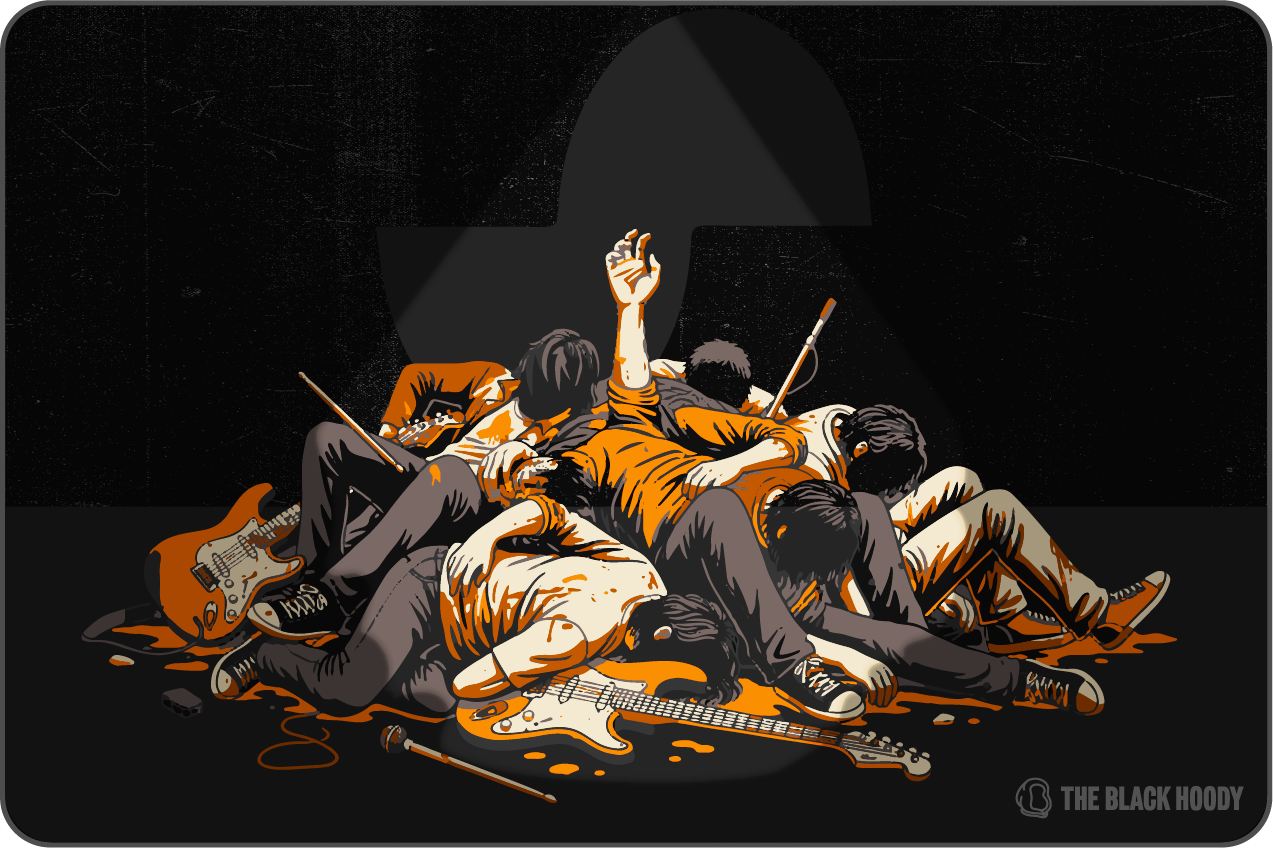
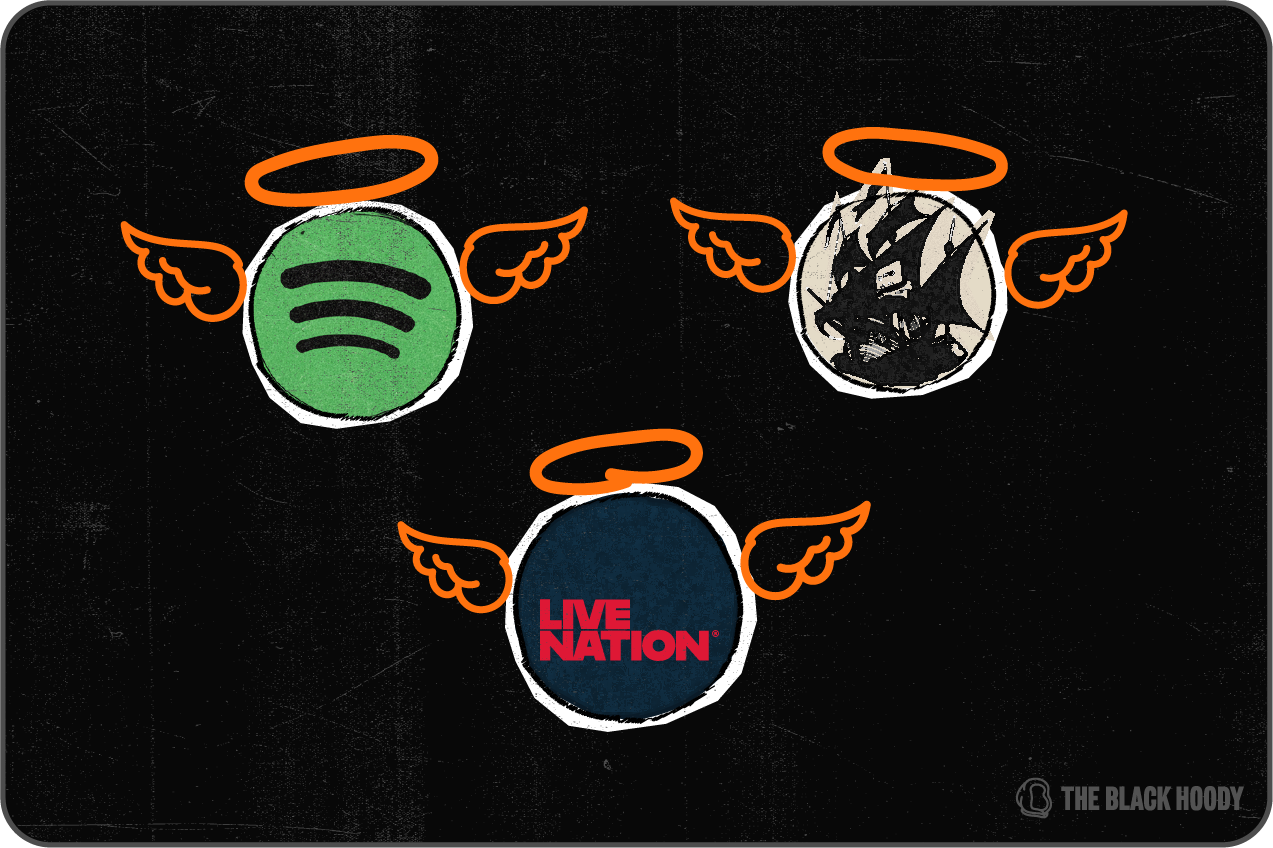
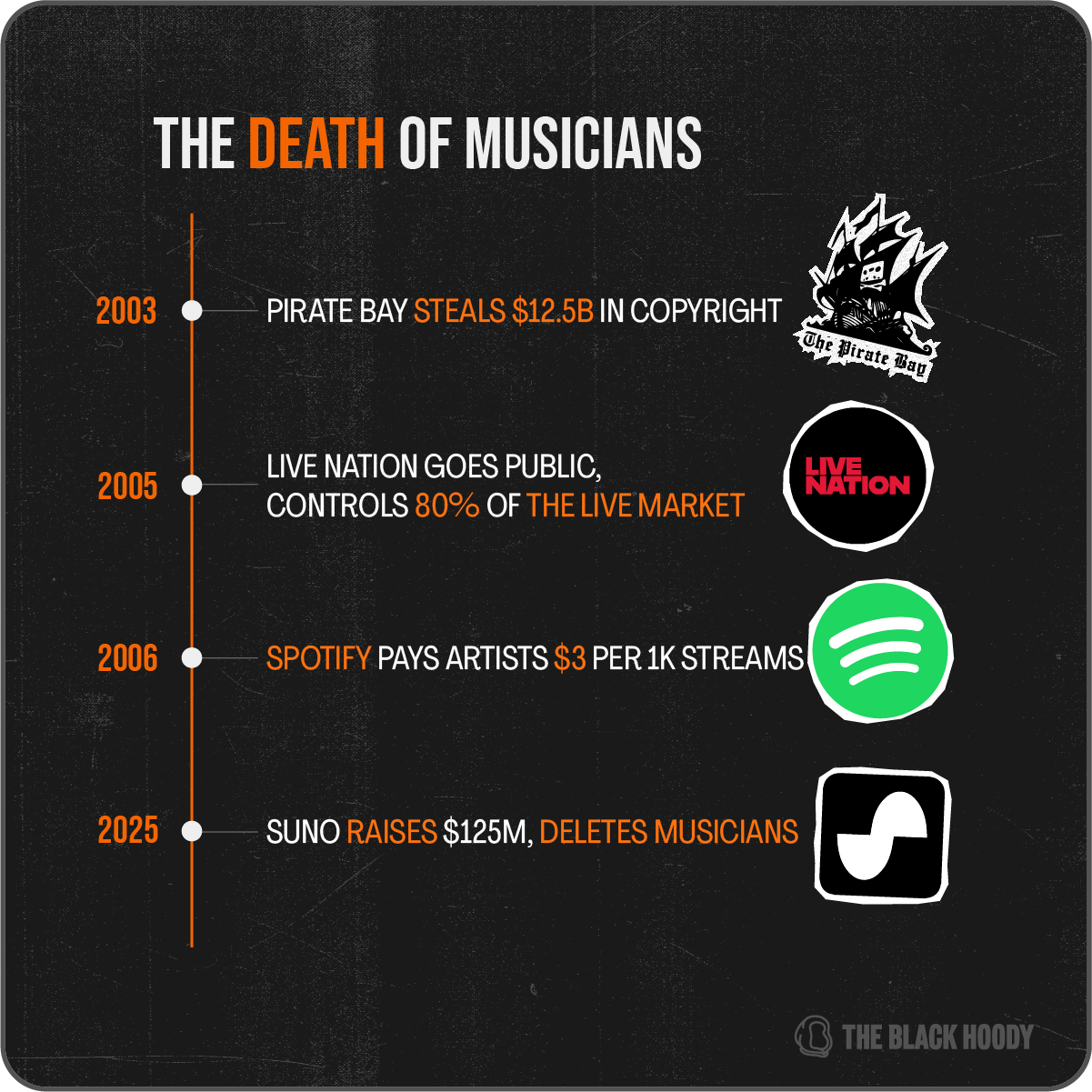
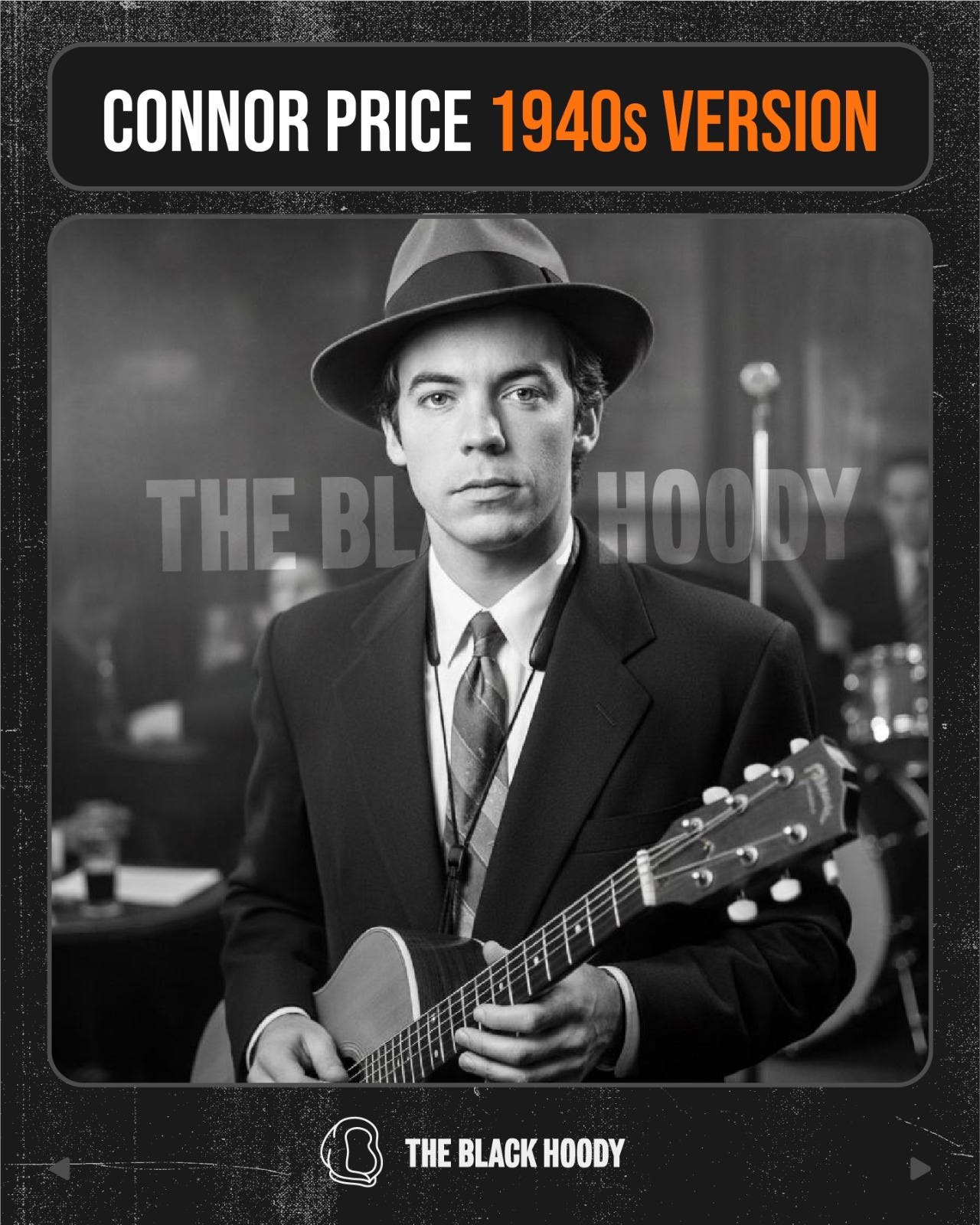
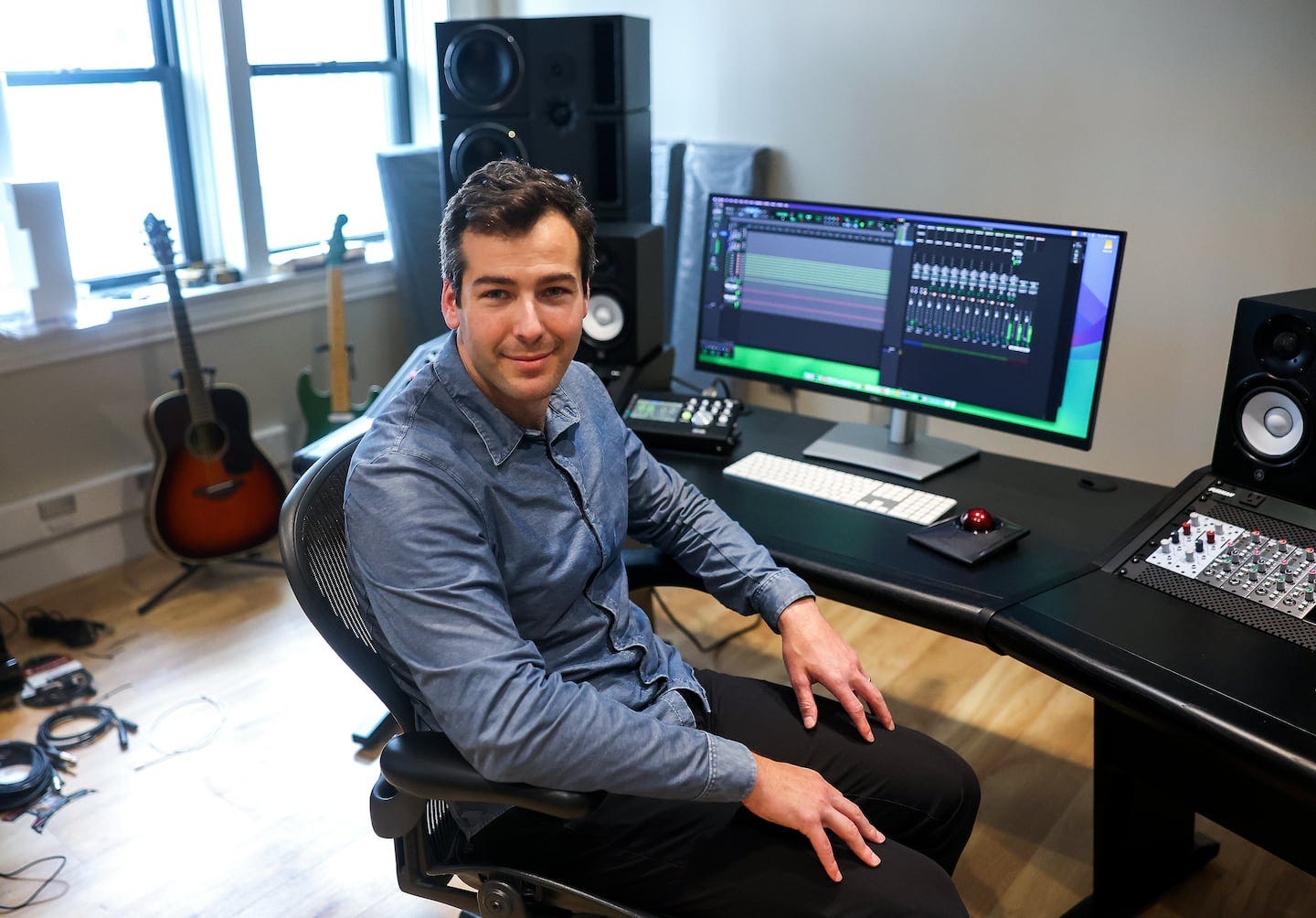
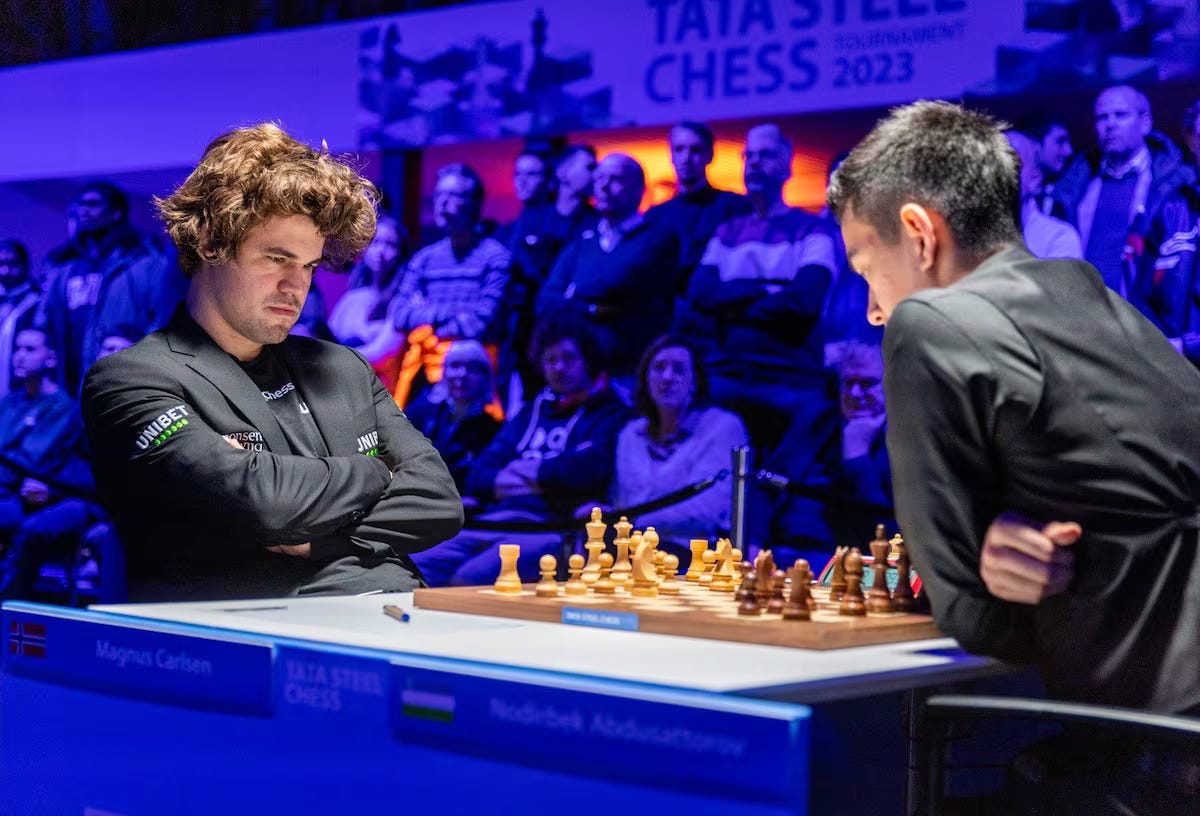
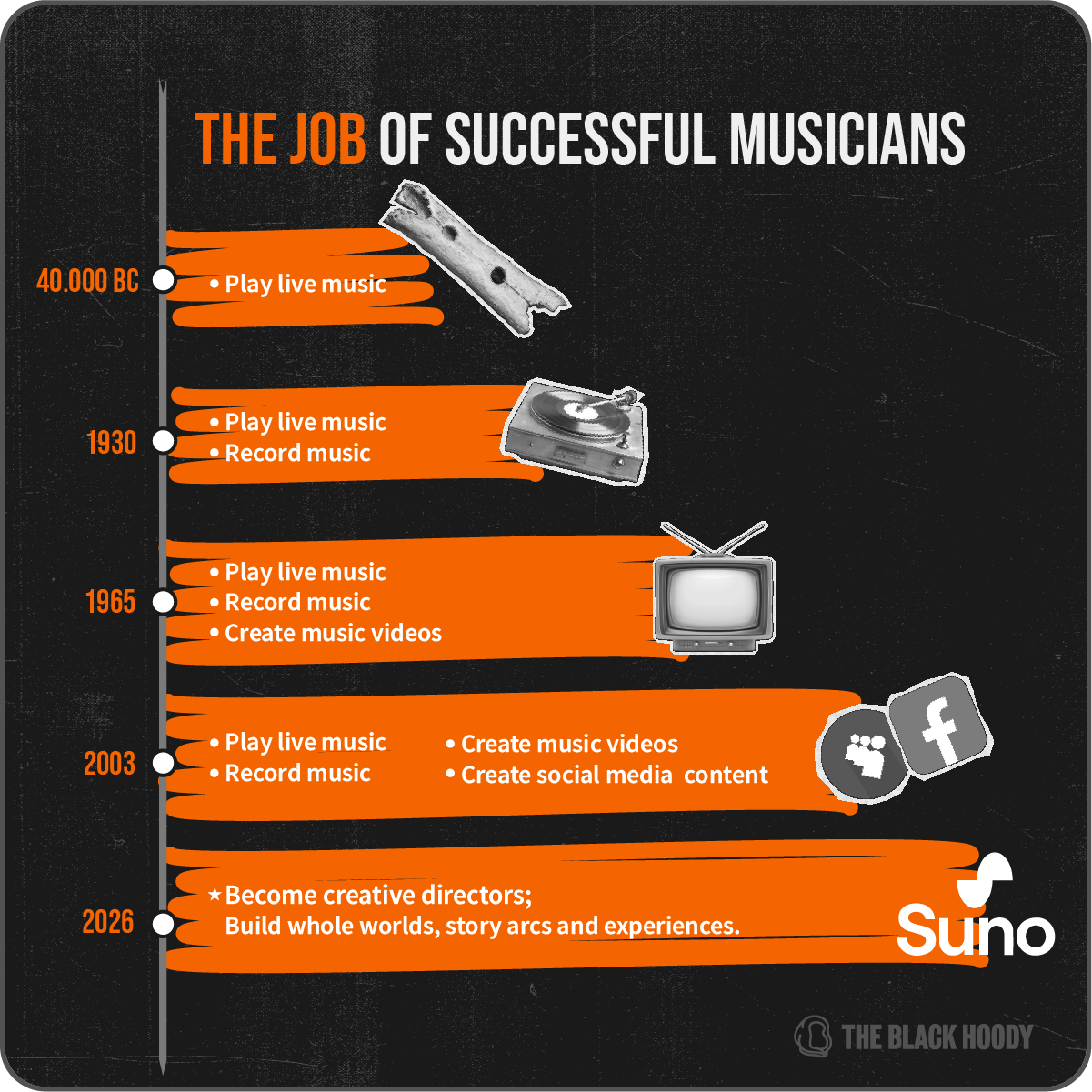
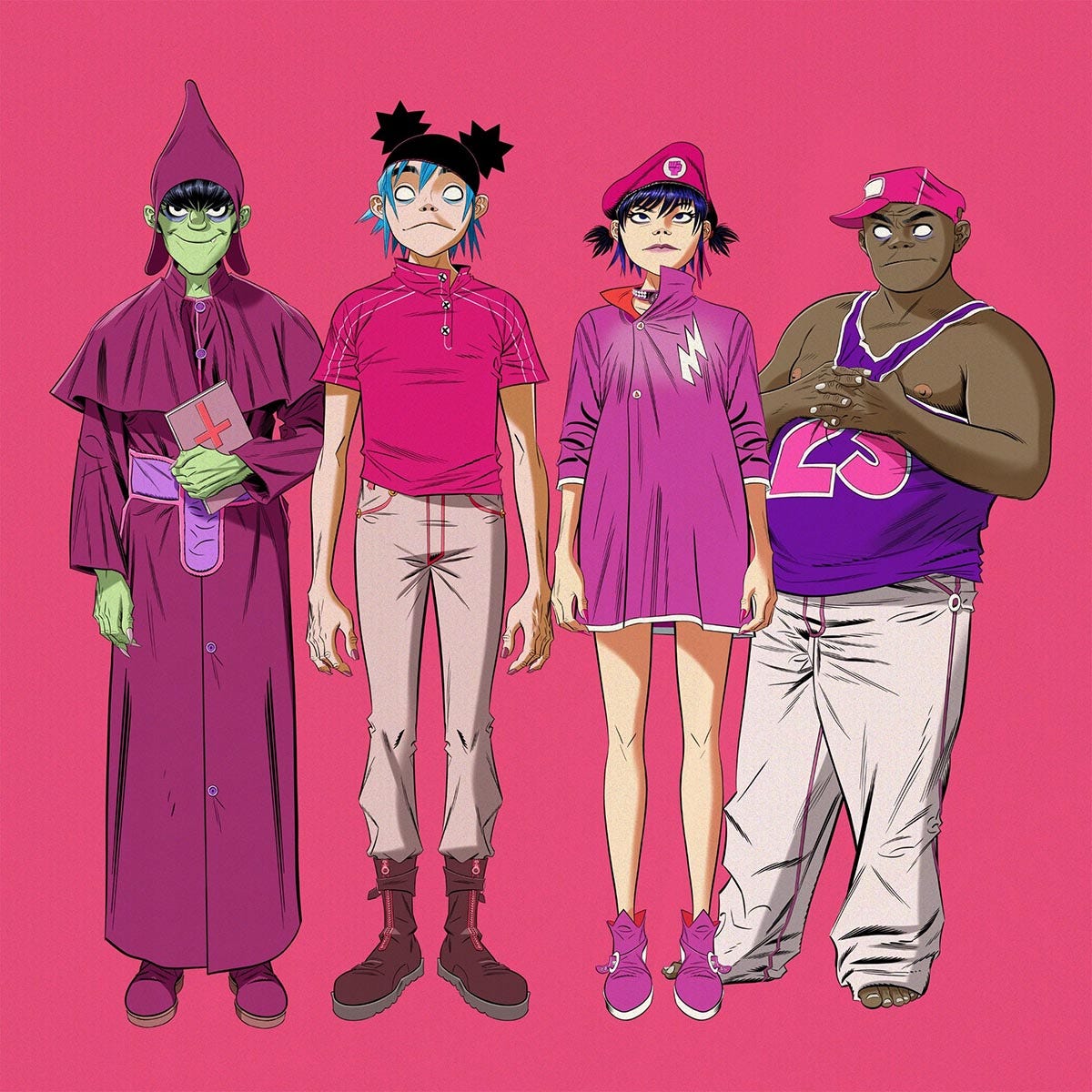
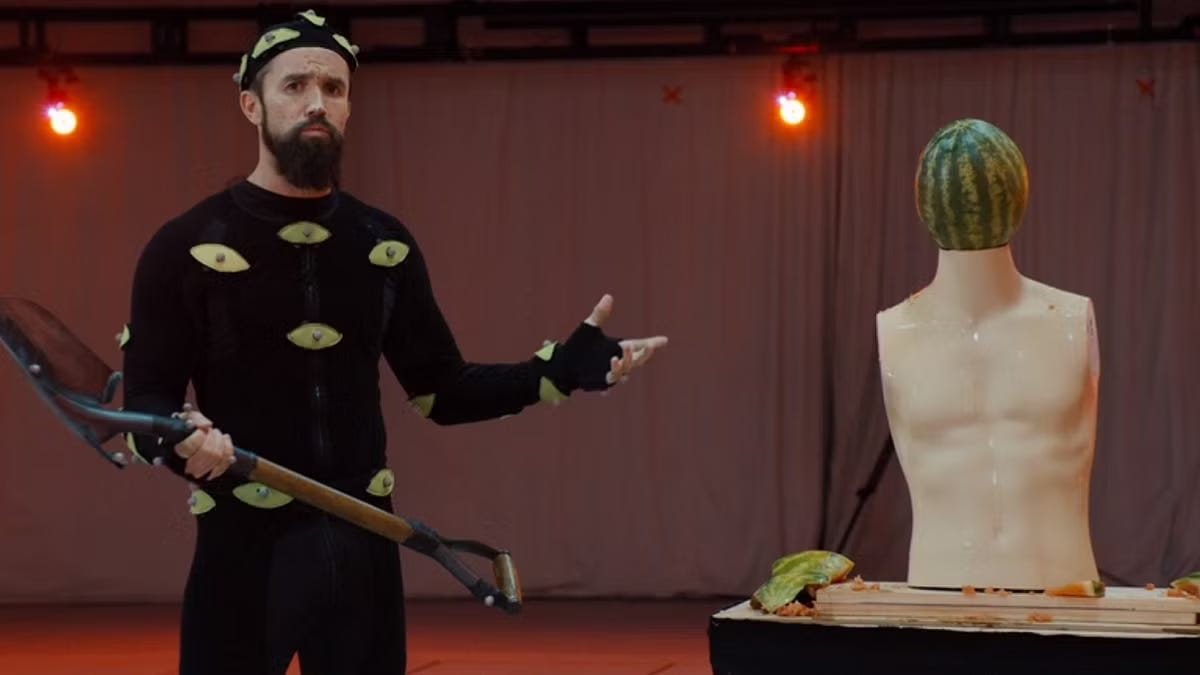

Compelling framework comparing Suno to Pirate Bay and Live Nation as existential threats. The distinction you draw about control vs disruption is sharp - Pirate Bay decentralized distribution, Live Nation centralized live performance, and Suno is attempting both simultaneously by democratizing creation while monopolizing the infrastructure.
The critical insight is in your final section about human curation becoming the bottleneck. We're already seeing this with Spotify's AI-generated 'wellness' and ambient playlists - the content is commoditized, but the curatorial authority (playlist placement, editorial features) remains the scarce resource. Suno's model essentially seeks to own both the commodity layer AND the curation layer through their marketplace.
What's particuarly interesting is how this differs from Spotify's early positioning. Spotify disrupted distribution but still needed major label catalogs to function. Suno doesn't need any legacy IP - they can generate infinite content and rely on network effects to establish their platform as the default marketplace. The comparison to ByteDance's content pipeline is apt.
One question: do you see the 'celebrity problem' you mention (Taylor Swift's scarcity value) as permanent, or will AI eventually commoditize celebrity itself through synthetic parasocial relationships? That seems like the next frontier.
I think trad models for marketing still hold here. Someone with IP and money puts ads where eyeballs are. The new kid on the block will be AI “ask” engines (supplanting Google “search.”) They, too, will prioritize “ask” results that pay for visibility (or knowability).
Gary Vee agrees with your premise here as well. The future of brand is the individual (or band or collective) with IP and community.